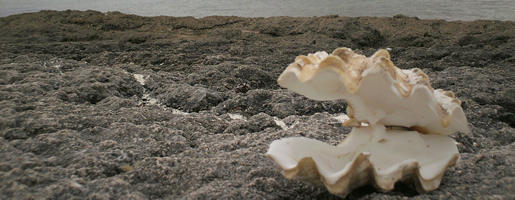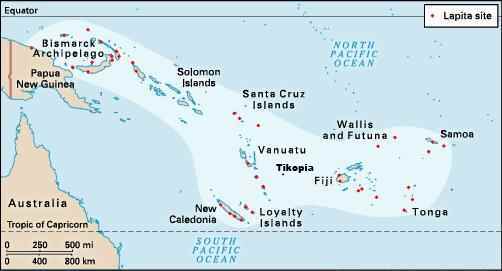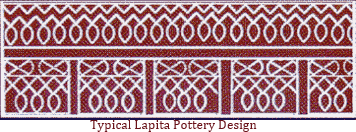 |
|
 |

MALO E LELEI is how we greet one another in Tonga. I am a teacher in the Free Wesleyan Church schools, beginning my work here in 2004 as a Methodist volunteer on the main island of Tongatapu. The Kingdom of Tonga has 170 islands in four groups (of which about 40 are continuously inhabited). Tonga has 100,000 people, is found in the South Pacific southeast of Fiji, southwest of Samoa, and northeast of New Zealand. It is the last un-conquered monarchy, basically undisturbed (some might say unspoiled) for the last 3,500 years, when the inhabitants' Polynesian ancestors arrived from places west.
 Those intrepid navigators probably originated in the
Phillipines and Taiwan, taking to the oceans about 5,000 years ago.
Travelling south through Papua New Guinea they would have encountered
some Melanesians. The Melanesians migrated by land out of Africa,
travelling along the coastal areas of the Indian Ocean over 50,000
years ago settling in PNG and Australia, making the Australian
Aborigines the oldest culture on earth. The Polynesians probably
stayed to the coastal areas of those islands, and throughout the Bismark
archipelago they developed a style of pottery called Lapita. They
travelled east over the next 1,500 years into Tonga and Samoa, and
eventually reached Easter Island and even Hawaii (about 1,000
years ago). The migration was not entirely one way. Several small
islands were later colonized by Polynesians travelling west, most
likely on travels for trade or resources. Tikopia is one such island.
Those intrepid navigators probably originated in the
Phillipines and Taiwan, taking to the oceans about 5,000 years ago.
Travelling south through Papua New Guinea they would have encountered
some Melanesians. The Melanesians migrated by land out of Africa,
travelling along the coastal areas of the Indian Ocean over 50,000
years ago settling in PNG and Australia, making the Australian
Aborigines the oldest culture on earth. The Polynesians probably
stayed to the coastal areas of those islands, and throughout the Bismark
archipelago they developed a style of pottery called Lapita. They
travelled east over the next 1,500 years into Tonga and Samoa, and
eventually reached Easter Island and even Hawaii (about 1,000
years ago). The migration was not entirely one way. Several small
islands were later colonized by Polynesians travelling west, most
likely on travels for trade or resources. Tikopia is one such island.
 By this time, they began gradually giving up the making of
pottery (perhaps suitable clay was scarce) but artifacts with the
Lapita design serve to denote their travels in the Pacific, with some
even found at Nihoa island in Hawaii. Lapita remnants found near
firepits dating over 3,000 years ago have been found throughout Tonga,
some of the oldest at Hihifo on Lifuka island near Taufa'ahau Pilolevu
College in the Ha'apai group.
By this time, they began gradually giving up the making of
pottery (perhaps suitable clay was scarce) but artifacts with the
Lapita design serve to denote their travels in the Pacific, with some
even found at Nihoa island in Hawaii. Lapita remnants found near
firepits dating over 3,000 years ago have been found throughout Tonga,
some of the oldest at Hihifo on Lifuka island near Taufa'ahau Pilolevu
College in the Ha'apai group.
The Tongan culture is centered on family and the church. After the arrival of Wesleyan missionaries in the 19th century, nearly all Polynesians were converted. Their cultures seem to have found harmony with Protestant beliefs. On Sunday, it is against the law to work in Tonga. Everyone starts preparing the sabbath feast on Saturday, goes to church Sunday morning and spends the rest of the day with family. The majority of Tongans are Methodist, singing the familiar hymns daily (in harmony and from memory!) in school, at choir practice, around the house, and at gatherings.
